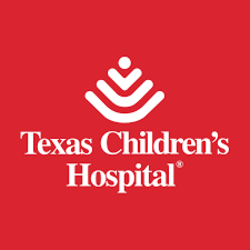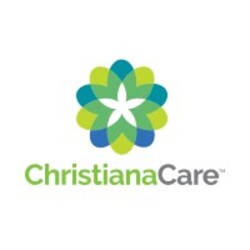Pets, particularly dogs, can play a significant role in a patient's recovery by providing emotional support and comfort. Recognizing this, several hospitals across the United States have implemented policies that allow patients' personal dogs to visit under specific conditions. These programs aim to enhance patient well-being while ensuring safety and hygiene within the hospital environment. Here is a comprehensive list of 15 hospitals in the U.S. that permit patients' own dogs to visit.

University of Maryland Medical Center
The University of Maryland Medical Center (UMMC) offers a Personal Pet Visitation Program, allowing patients to have visits from their own dogs or cats. The program requires coordination with Pastoral Care Services, a physician's order, and health certification for the pet.

UVA Health
UVA Health permits personal pet visits under special circumstances. Dogs or cats may visit for one hour per day with doctor approval and a visitor pass, provided they meet behavior and infection control policies.

Dartmouth-Hitchcock Medical Center
In special cases, Dartmouth-Hitchcock allows personal pet visits for patients with prolonged hospitalizations. Approval is required from the nursing unit manager, and certain hospital areas are restricted from pet visits.

Northwell Health (Lenox Hill Hospital)
Northwell Health permits emotional support dogs to visit their owners in postpartum units. Patients must provide documentation ahead of their due date, and the dog must be hypoallergenic.

Liberty Hospital
Liberty Hospital allows scheduled visits from patients' personal dogs or cats, provided the pet is up to date on immunizations, clean, healthy, and well-behaved. Pets are not permitted in certain hospital areas.

Eastern Oklahoma Medical Center (EOMC)
EOMC supports pet visitation as part of its commitment to quality healthcare. Pets must be leashed or in a carrier, and visits should be coordinated through the hospital's atrium entrance.

Floyd Health
Floyd Health's Personal/Family Pet Visitation Policy allows patients to visit with their dog or cat under certain circumstances, requiring coordination with Volunteer Services and appropriate documentation.

Wentworth-Douglass Hospital
Wentworth-Douglass permits personal dog visits in special circumstances, requiring prior approval by hospital staff. Emotional support animals are not permitted.

Moffitt Cancer Center
Moffitt Cancer Center welcomes guide and service dogs and supports therapy animal programs. While emotional support animals are not permitted, the center provides information on boarding options for patients' pets during hospitalization.

Bradley Hospital (Brown University Health)
Bradley Hospital utilizes certified therapy dogs to assist patients, particularly children, in coping with mental health issues. While formal pet visitation policies are not detailed, the hospital emphasizes the therapeutic benefits of animal-assisted interactions.

Wolfson Children's Hospital
Located in Jacksonville, Florida, Wolfson Children's Hospital's Healing Paws program allows patients to visit with their family pets, recognizing the emotional benefits of such interactions. The program requires pets to meet specific health and behavior criteria.

Texas Children's Hospital
Texas Children's Hospital permits patients' own pets to visit during extended hospital stays, acknowledging the importance of family, including pets, in the healing process.

Methodist Hospital (San Antonio, Texas)
Methodist Hospital has implemented a pet visitation program, allowing patients to receive visits from their personal pets under specific guidelines to ensure safety and hygiene.

Christiana Care Health System
Christiana Care Health System recognizes the therapeutic benefits of pet visitation and has established policies to allow patients' personal pets to visit, subject to certain conditions and approvals.

Georgian Bay General Hospital
While not in the U.S., Georgian Bay General Hospital has introduced a Pet Visitation and Pet Therapy program, allowing visits from patients' own dogs or cats under specific health and behavior guidelines.
Other Dog Accepted Categories: